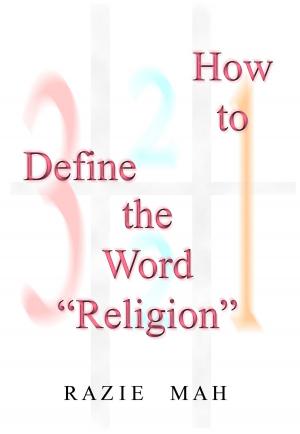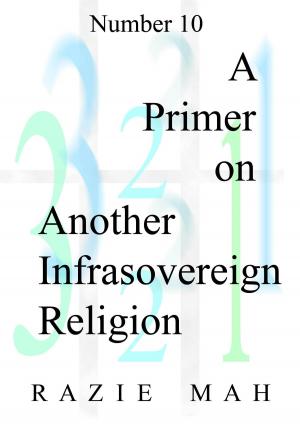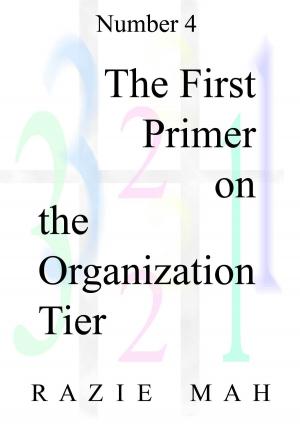A Primer on Natural Signs
Nonfiction, Reference & Language, Education & Teaching, Study Skills, Social & Cultural Studies, Social Science, Sociology| Author: | Razie Mah | ISBN: | 9781942824442 |
| Publisher: | Razie Mah | Publication: | February 3, 2018 |
| Imprint: | Smashwords Edition | Language: | English |
| Author: | Razie Mah |
| ISBN: | 9781942824442 |
| Publisher: | Razie Mah |
| Publication: | February 3, 2018 |
| Imprint: | Smashwords Edition |
| Language: | English |
In the late 1800s, Charles S. Peirce defines natural signs as icons, indexes and symbols. The difference among them reflects the three categories of firstness, secondness and thirdness (the realms of possibility, actuality and normal context). In the early 1900s, Ferdinand de Sausure discovers an important feature of symbols. They constitute systems of differences. Peirce would have called them: symbolic orders.
This primer is not the standard semiotic tract on Peirce's signs. It is an introduction to the way that natural signs come into play in human evolution. Consequently, I emphasize sign-qualities and how they apply to both cognition and communication. I also show how natural signs may be depicted using category-based nested forms.
Prerequisites include the primers on the category-based nested form and on sensible and social construction. The causality of signs is introduced in the comments on John Deely's book (1994) New Beginnings
In the late 1800s, Charles S. Peirce defines natural signs as icons, indexes and symbols. The difference among them reflects the three categories of firstness, secondness and thirdness (the realms of possibility, actuality and normal context). In the early 1900s, Ferdinand de Sausure discovers an important feature of symbols. They constitute systems of differences. Peirce would have called them: symbolic orders.
This primer is not the standard semiotic tract on Peirce's signs. It is an introduction to the way that natural signs come into play in human evolution. Consequently, I emphasize sign-qualities and how they apply to both cognition and communication. I also show how natural signs may be depicted using category-based nested forms.
Prerequisites include the primers on the category-based nested form and on sensible and social construction. The causality of signs is introduced in the comments on John Deely's book (1994) New Beginnings















